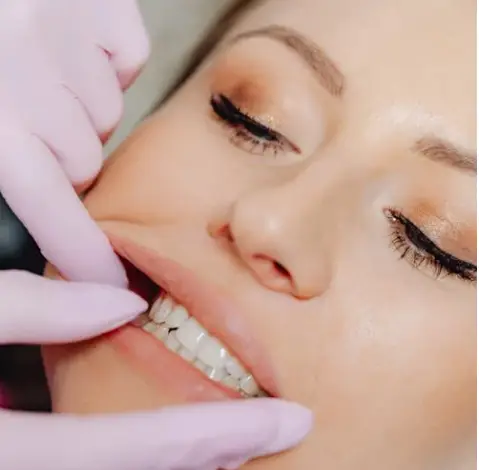

Wisdom teeth, also known as third molars, are the last set of teeth to emerge in the back of your mouth, typically between the ages of 17 and 25.
While they can be valuable assets when healthy and properly aligned, they often require special attention to prevent issues like impaction, infection, and discomfort.
In this guide, we’ll explore everything you need to know about wisdom teeth care, from recognizing problems to effective preventive measures.
When wisdom teeth begin to emerge, they can sometimes cause discomfort and other symptoms indicating potential problems.
Proper oral hygiene is essential for keeping your wisdom teeth and gums healthy. Follow these tips:
If you experience discomfort or pain related to your wisdom teeth, there are several strategies you can try to alleviate symptoms:
During periods of wisdom teeth eruption or discomfort, it’s best to stick to a soft food diet to avoid aggravating the area.
Opt for foods like mashed potatoes, yogurt, soups, and smoothies that are easy to chew and won’t put excessive pressure on your teeth.
Avoid crunchy or hard foods that could cause further discomfort or damage.
If you notice severe pain, swelling, or signs of infection around your wisdom teeth, don’t hesitate to contact your dentist.
These could be indications of a more serious issue such as an abscess or impacted tooth that requires prompt treatment.
Your dentist can evaluate the situation and recommend the appropriate course of action.
In cases where wisdom teeth are causing persistent problems or complications, your dentist may recommend extraction.
This procedure involves removing one or more wisdom teeth to alleviate pain, prevent further issues, and preserve oral health.
Extraction may be performed under local anesthesia or sedation, depending on the complexity of the procedure and your preferences.
While not all wisdom teeth require extraction, there are steps you can take to minimize the risk of complications:
Ignoring problems with wisdom teeth can lead to various complications, including:
After wisdom tooth extraction, it’s important to follow your dentist’s instructions for post-operative care to promote healing and minimize discomfort. This may include:
There are many misconceptions surrounding wisdom teeth and their care. Here are a few myths debunked:
Regular dental check-ups are crucial for monitoring the development of wisdom teeth and detecting any issues early on.
Your dentist can perform X-rays to assess the position and alignment of your wisdom teeth and recommend appropriate treatment if necessary.
Aim for dental visits at least every six months or as advised by your dentist.
Proper care and attention to your wisdom teeth can help prevent complications and maintain a healthy smile for years to come. By staying vigilant, practicing good oral hygiene, and seeking professional guidance when needed, you can ensure the well-being of your wisdom teeth and overall oral health.
Remember, if you have any concerns or questions about your wisdom teeth, don’t hesitate to contact your dentist for personalized advice and treatment options.
